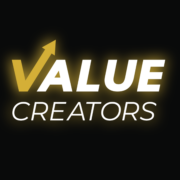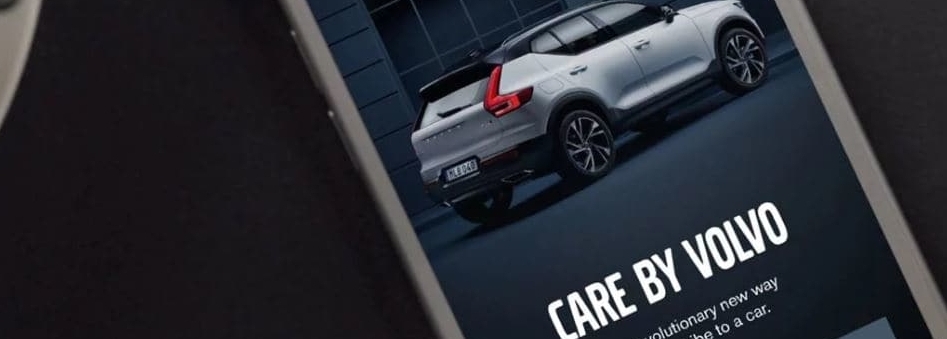188. Jordan Lams on Finding and Patiently Developing Your Entrepreneurial Focus
We define entrepreneurship in terms of people working creatively to make others’ lives better. That’s a very broad statement, of course, so it’s instructive to observe how individual entrepreneurs choose to make some customers’ lives better in some specific ways by applying special skills and knowledge. Let’s call it finding an entrepreneurial focus.
Economics For Business talks to Jordan Lams, founder and CEO of Moxie, an industry pioneer in manufacturing, branding, and distributing cannabis products.
Key Takeaways and Actionable Insights.
Entrepreneurs find their focus — or, sometimes, it finds them.
Bruce Lee is reported to have said that the successful warrior is the average man, with laser-like focus. Entrepreneurs develop focus on particular customers, in order to understand them better, empathize with their wants, and deliver them the experiences that they value. Developing this focus may take time, or it may come early in the journey, but empathy always provides the pathway.
Jordan Lams observed the pain of a family member during a time of illness, and how cannabis products could bring some relief and comfort. From that time, he became focused on the health and medical benefits of cannabis in a broad range of personal circumstances.
From a position of focus, entrepreneurs develop the deep knowledge that becomes their marketplace advantage.
Entrepreneurial focus directs research and knowledge gathering. In Jordan’s case, he gathered academic research, medical literature, and clinical studies, and he talked with medical practitioners about cannabinoid therapies. Networking brought him into contact with researchers and doctors and clinicians and product developers. He established a uniquely robust knowledge platform.
Focus plus knowledge leads to opportunity tension.
Some entrepreneurial theorists have coined the term opportunity tension — that period when an entrepreneur’s focus and knowledge point to a market opportunity, but there remains unresolved risk in the process of seizing it. The entrepreneurial solution, of course, is to take the risk. Jordan executed his commitment by taking a job in the retail sector of his chosen industry — a place to meet customers one-on-one, and look backwards at the supply chain.
Customer orientation is refined by direct contact, conversation, and experience.
Working in retail enabled direct customer contact and unfiltered conversations about customers’ preferences and wants, the benefits they sought compared to the benefits they experienced, and a general deepening of customer knowledge.
In addition, Jordan was able to observe the supply chain, including the interruptions and inconsistencies that detracted from customers’ experiences. Product quality was inconsistent and supply was unreliable. To an entrepreneur, this looks like opportunity.
Knowledge, experience, and customer contact provided the ingredient for a new firm and a new value proposition.
Jordan sums up the firm he founded, Moxie, as knowledge + infrastructure. A status quo of incomplete knowledge, inferior and inconsistent products in unreliable supply chains can be replaced by a new market of shared and distilled knowledge delivered via consistent and trustworthy quality. Customers are able to develop trust and confidence in a brand based on knowledge (“we know what we are doing”) that brings new maturity in the form of scale and process control and quality assurance to an emerging market category.
The company’s knowledge base enables vertical integration because the knowledge is broad and not narrow, the recruitment of strong partners because shared knowledge makes for robust collaboration, and new standards of quality, adherence to which strengthens customer expectations.
The firm’s foundation supports both R&D and open innovation.
All markets are changing at high rates of speed at all times. That’s why innovation is the essence of entrepreneurship. Standing still is a losing option. Jordan invests I R&D in the form of lab research (in pharmaceutical quality labs) exploring new product forms and new combinations, while also participating in the open innovation of knowledge sharing that goes on throughout the industry. R&D supports both specialization (making current offerings even better) and market expansion (new products, new forms).
Brand building will be the patient route to long term growth.
While business environments change fast, one way to invest with patience in a consistent direction is to build a brand. A brand can reflect customer values — the things that matter to them — in a way that creates lasting bonds. On its website, Moxie positions its brand as a force of character: courage, grit, determination, nerve. It provides an emotional connection to customers who value self-realization and self-actualization.
Patient entrepreneurs can see the regulatory maze as a locus of opportunity, too.
Moxie was the first licensed cannabis brand in California, and sees itself as a pioneer in leading institutional and regulatory progress. Instead of viewing regulators as business obstacles, Jordan employs his empathy skills to understand their position, their role, and their needs. He provides them with resources of information, industry knowledge and collaboration, and contributes where he can and where it’s appropriate to help them arrive at decisions and translate them into subsequent implementations.
As in building a company and building a brand, patience can pay off in future strength.
Additional Resources
Jordan Lams on LinkedIn: Mises.org/E4B_188_LinkedIn








Leave a Reply
Want to join the discussion?Feel free to contribute!